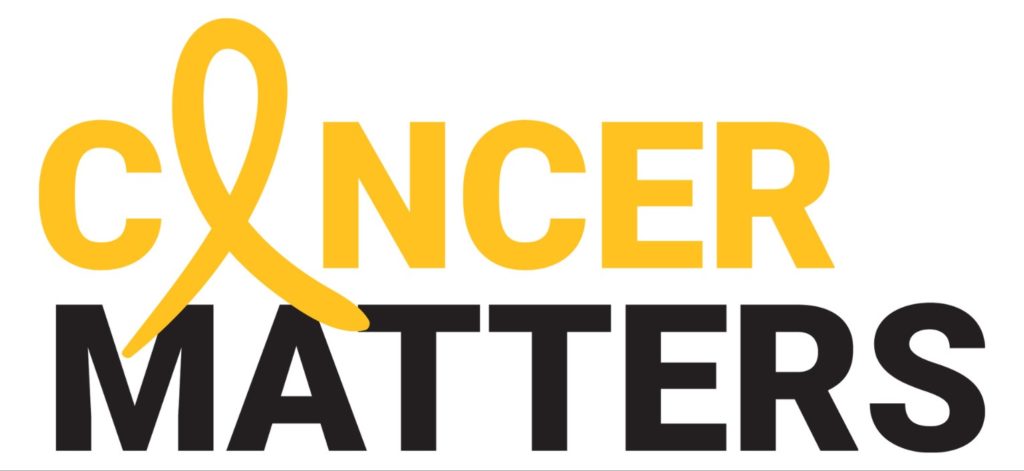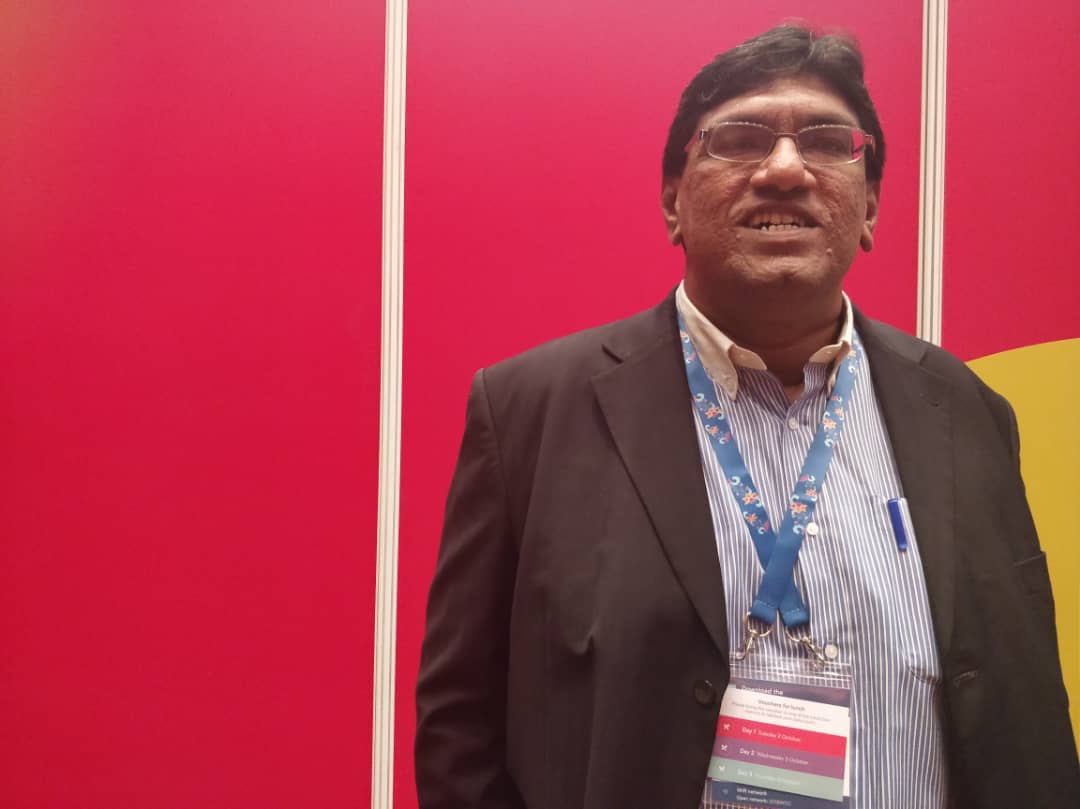
All patients, be they cancer patients or not, have seven cardinal patient rights (1). These are:
- Right of Access
- Right of Safety
- Right of Respect
- Right of Partnership
- Right of Information
- Right of Providing Feedback
- Right of Privacy
In the earlier installments, I discussed on the first two rights, the right of access and the right of safety. These rights are often more discussed, but it does not make these other rights any less important.
The right of respect, the right of partnership and the right of information are intricately linked to each other. The right of respect is the right to have the patient’s care needs, preferences, and values taken into account to ensure the patient is treated with dignity and respect.
This is tied to the right of partnership, where the patient has a right to be involved in decisions pertaining to their own treatment and health, including to accept or refuse treatment.
As mentioned before, this then links into the right of information, where the patient has the right to be able to give informed consent for their treatment clearly based on their understanding of the risks and benefits of treatment options.
The language of health care is highly complex and variable. Few non-health care people speak this language well enough to quickly grasp its complexities quickly. It is infinitely even worse when as a person who is unwell, with the accompanying physical and mental strain, you are expected to learn this new terminology of a complex language, grasp it and subsequently make a decision that may even cost you your life.
Adding to this is the fact that the only people available to communicate with you on this, the health care professionals, are extremely busy and sometimes unable to spend the time needed to communicate with you.
I often use this example to share the complexities of health communication: Imagine the patient as a tourist lost for many days in the jungle who is hungry, wet and ill. The tourist is now caught by a tribe of cannibals who are shouting at the tourist in their obscure, incomprehensible language having tied said tourist to a rock. The chief of the cannibals walks up to the tourist and shouts at him. What he asks is “Eat with me?”
But if the tourist is not careful in his muddled state of mind, it is not going to take much for him to answer “eat me”, at which he ends up being the main course at dinner, rather than the main guest. Now this may be a gross exaggeration, but apt to describe the challenges in terms of the patient’s rights to information, partnership and respect.
We have moved a long way from the time when doctors (or really any other health care professional) were perceived as ‘gods’ who merely dictated to patients, “take this medicine now”, without any form of explanation or consultation. The right to partnership and the right to respect is underpinned by the patient’s ability to understand the condition that he or she faces, and each of the treatment options objectively available to him or her in management of the disease.
This kind of decision-making can only be carried out when the patient receives the correct and pertinent information for them to make such decisions, and more importantly, in a manner that they understand. This is challenging because our current health system has poor structured processes to enable this to happen in a transparent, reliable manner.
Take informed consent, for example. In Malaysia, like in most other countries, informed consent needs to be taken before subjecting patients to any kind of procedure such as surgery. The variability of the person actually taking the informed consent is so wide and really dependent on that individual’s empathy, patience and understanding to take their time to explain to the patient.
Even within my family we have experienced cases where a healthcare professional stepped up to us and said, “You have to go for this X surgery tomorrow. Sign here to agree to go for the surgery yeah,” and expected that consent was going to be given immediately. It was not.
We asked for a discussion on options, something which disgruntledly a member of the surgical team attended to many hours later. The right to information (especially informed consent) is legally enforceable, yet even in such instances, it is difficult to ensure that it is being carried out in an effective manner.
At the same time, I know of colleagues and even departments in various hospitals where the lead consultant sits with the patient and other family members, arranging a set schedule every few days with ‘protected’ time to consult with them and answer their queries. This is truly a situation in which the right to respect and the right to partnership (which in the Malaysian context are more privileges rather than a legally enforced right at times) are being taken into account and incorporated together along with the right to informed consent.
In chronic diseases such as cancer, the treatment journey is often long and involves many crossroads which often needs hard decision-making. Working together with the patient and their families as partners, empowering them by giving them information in a manner that they can understand and more importantly respecting their socio-cultural contexts which guide their choices are all different intricately woven parts of the tapestry that is a patient’s treatment journey.
Untangling either of these parts by ignoring or refusing these rights or privileges leads them to resort to being non-compliant to treatment or even worse, dropping out of treatment. All choices will ultimately lead to poorer outcomes for all of us.
References
- Cancer Council Australia. Cancer Care and Your Rights. 2nd ed. Sydney: Cancer Council Australia; 2019.

Cancer Matters is a column on various issues related to cancer in Malaysia. Dr Murallitharan M. is the Medical Director of the National Cancer Society of Malaysia (NCSM). He can be reached via email at [email protected].
- This is the personal opinion of the writer or publication and does not necessarily represent the views of CodeBlue.








